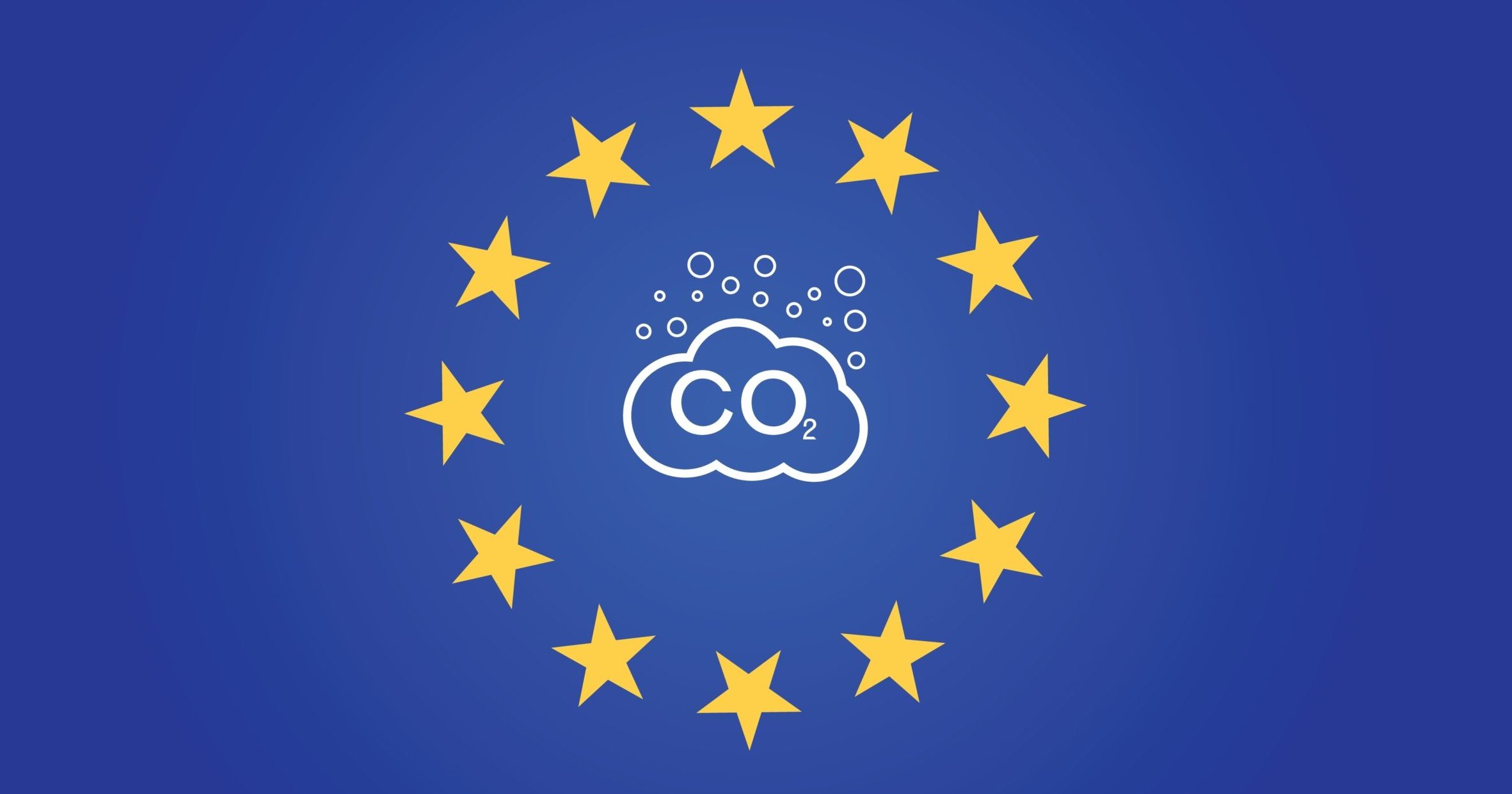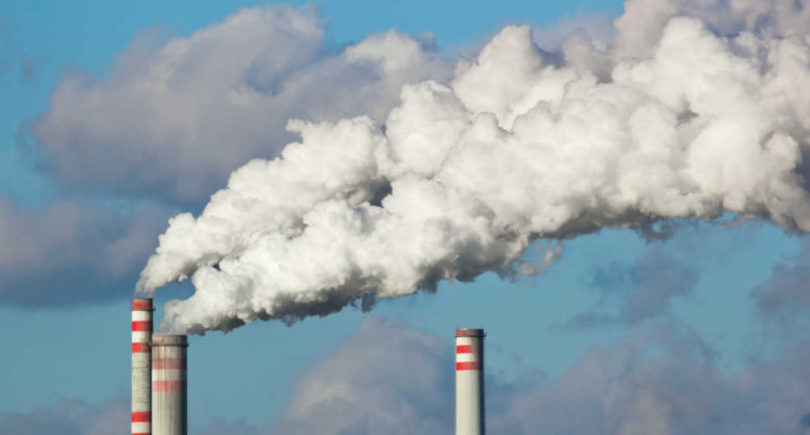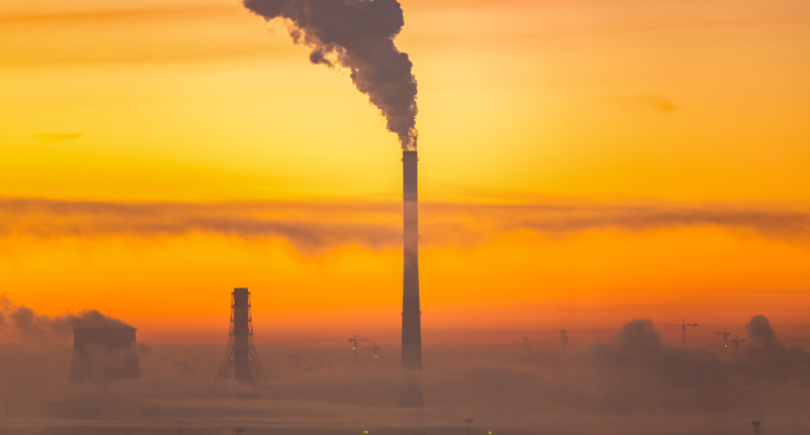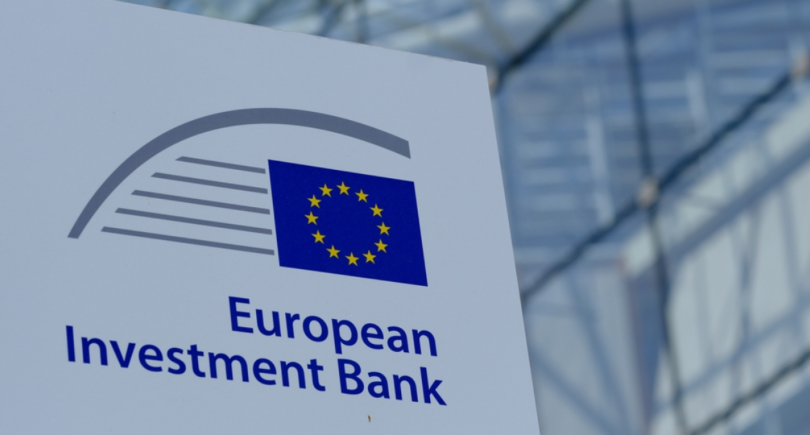
News Green steel CBAM 1579 15 October 2024
Competition on markets which do not have their CBAMs will rise as companies facing high CBAM payments in the EU will have to search other markets for sales
According to recent GMK Center’s research “How EU CBAM could weaken economy of Ukraine”, CBAM scope could be extended in the future to cover all sectors included in the EU ETS. Initially CBAM applies to limited number of products: iron & steel, aluminum, hydrogen, cement, fertilizers, electricity.
Expectations of future increasing CBAM scope are backed by linkage of CBAM with the EU ETS. price of CBAM certificates is based on carbon price in the EU ETS. Also, it is considered that CBAM will replace free allowances in the EU ETS. From 2034 there will be no free allowances for sectors which products are subject to CBAM.
Considering future expanding and tightening of CBAM regulation, this instrument will lead to rebuilding global supply chains if European trade partners will not be ready to fulfill stronger climate ambitions. Access to European market for companies from third countries will decrease, while competition on markets which do not have their CBAM will be rising.
According to research of Asian Development Bank, assuming carbon price of €100/t, current CO2 intensities in developing Asia would be the equivalent of a value-added tax of between 3% and 12% when considering the aggregate economy. In China such VAT equivalent for wide economy exports could be 11.4%, in India – 10.5%, in South Korea – 4.9%.
Separate economic sectors could have significantly higher VAT equivalent of CBAM than wide-economy averages. For example, for India VAT equivalent of paying €100/t CO2 for ferrous metals could be 786.9%, for mineral products – 161.3%, for petrochemicals – 29.4%.
CBAM becomes implicit tax which defines attractiveness of goods impacting on competition between European producers and exporters. CBAM may improve competitiveness of European producers on local market, while exporters facing high CBAM payments will have to search other markets.
CBAM also may become instrument which discriminates countries with low-income level and without developed financial markets allowing to attract funding for modernization of production facilities. CBAM payments will decrease possibilities of companies from third countries to finance decarbonization activity, while revenues of the EU budget will grow.




